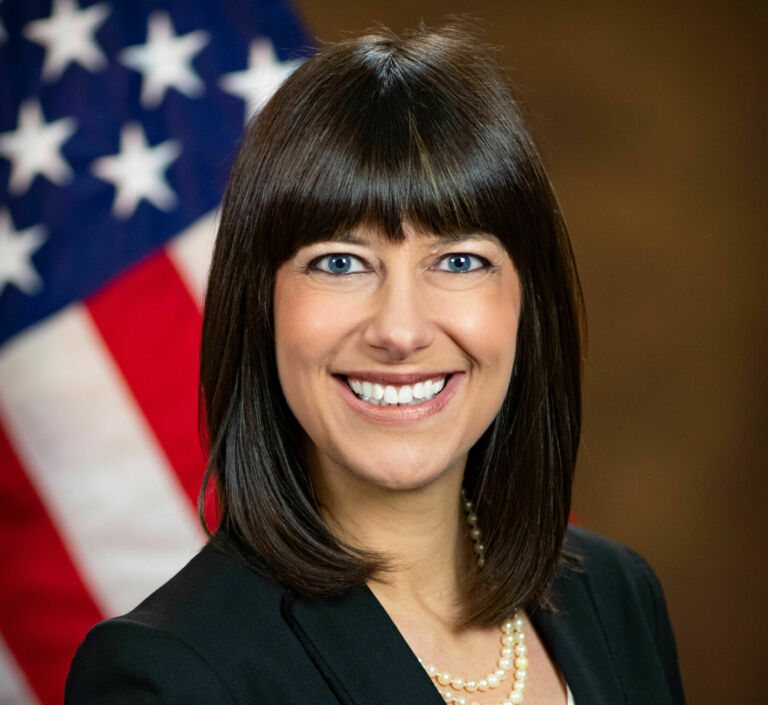Adam Carrington writes for the Washington Examiner about the latest silliness emanating from members of Congress who call themselves “The Squad.”
This just-concluded Supreme Court term was filled with decisions upholding the requirements of the Constitution regarding individual rights, human equality, and separation of powers.
But the Left has responded, yet again, by attacking and threatening the justices. Two members of the “Squad,” progressive Reps. Alexandria Occasion-Cortez (D-NY) and Ayanna Pressley (D-MA), are calling for the impeachment of justices and the packing of the court. Their tired assault on the judicial branch involves similarly worn-out critiques. Ocasio-Cortez, for example, said the court’s opinions over the past few weeks “signal a dangerous creep towards authoritarianism and centralization of power in the court.” Pressley declared that in addition to “legislating from the bench … they continue to overturn the will of the majority of the people.”
By what standards do they make these accusations?
Start with the claim that the court has centralized power to itself. How does that accusation square with Biden v. Nebraska, in which the Supreme Court voided the president’s student loan cancellation plan? The case focused on whether the Biden administration had overstepped its executive power. This overstep involved going beyond the bounds set for the president by Congress through law. Moreover, in defending its action, the Biden administration tried to rewrite the Congress’s law, essentially asserting legislative power for itself instead of the House and Senate.
One would think a member of Congress would be glad for the court to check a president trying to supplant his own role within our constitutional government.
Next, let us consider the idea that the court legislates from the bench. To legislate from the bench means to write laws rather than faithfully interpret and apply them as written and intended by the law’s original ratifiers. Perhaps Pressley means the 303 Creative LLC v. Elenis outcome, in which a photographer wished not to have to create wedding websites for marriages to which she objected.
But there, the majority merely applied the words of the First Amendment to the case.


